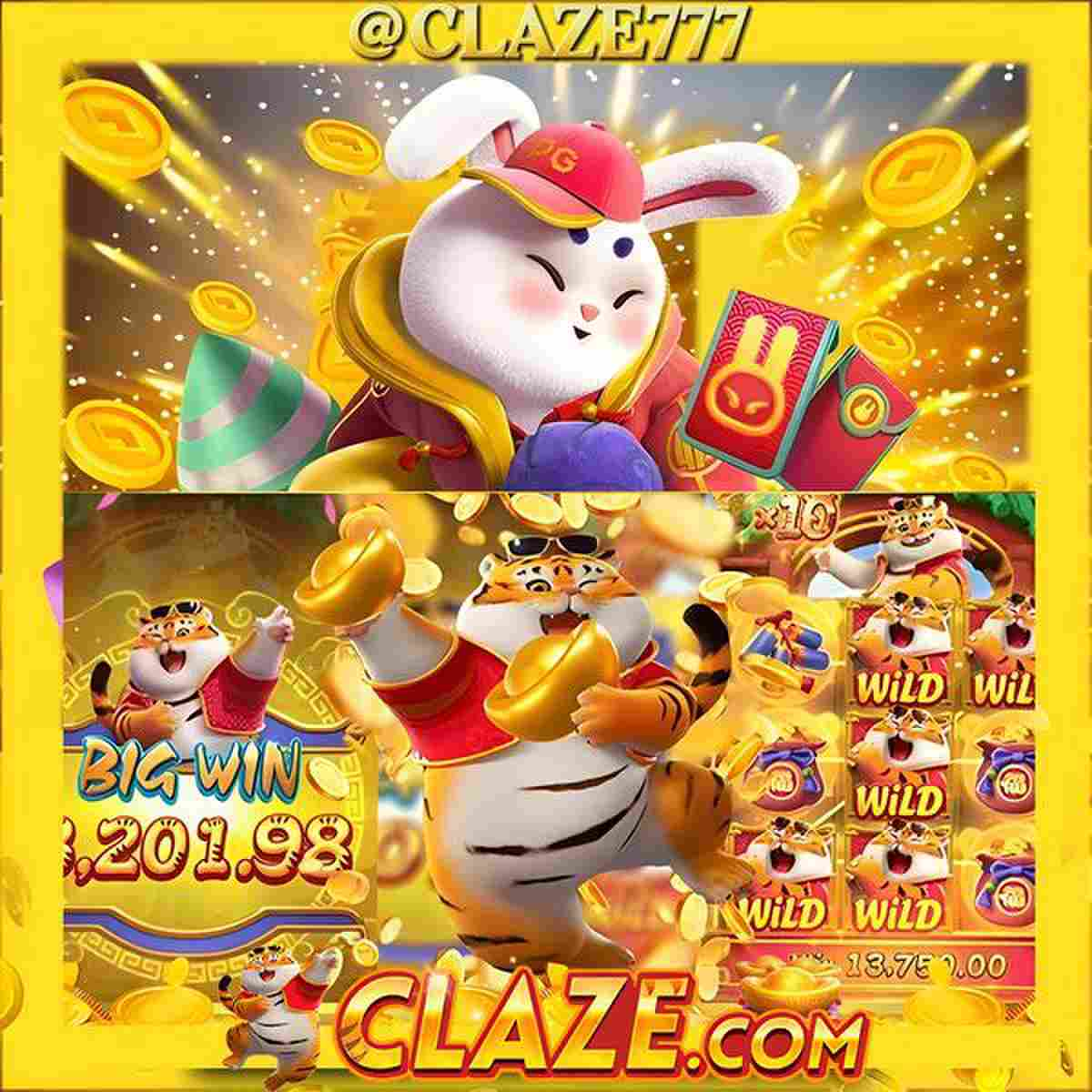
# The Significance of Lucky Necklace Pendants
Lucky necklace pendants have long been cherished as symbols of protection, love, and good fortune. With their rich history and various cultural interpretations, these accessories are not just fashion statements but also carry deep meanings for the wearers. In this article, we will explore the different types of lucky necklace pendants, their materials, and their significance.
## 1. Types of Lucky Pendants
### 1.1 Four-Leaf Clover
Pendants shaped like a four-leaf clover are widely recognized as symbols of luck. Each leaf is said to represent faith, hope, love, and luck.
### 1.2 Horseshoe
The horseshoe is another popular choice for a lucky pendant. Traditionally hung with the open end facing upward, it is believed to catch and hold good fortune.
### 1.3 Evil Eye
The evil eye pendant, often seen in cultures around the Mediterranean, serves as a talisman to ward off negative energy. It is usually blue and crafted from glass.
## 2. Materials Used
### 2.1 Gold
Gold pendants symbolize wealth and prosperity. Many believe that wearing gold brings abundance and good fortune into their lives.
### 2.2 Silver
Silver has long been associated with lunar powers and protection. Many wear silver lucky pendants for emotional balance and spiritual growth.
### 2.3 Gemstones
Gemstones like jade, amethyst, and turquoise are often embedded in pendants for their supposed healing properties. Each stone carries its unique symbolism and energy.
## 3. Cultural Significance
### 3.1 Western Cultures
In Western cultures, lucky charms like pendants often focus on individualism and personal beliefs. For instance, people may choose a pendant that resonates with their personal experiences or aspirations.
### 3.2 Eastern Cultures
In many Eastern cultures, lucky pendants are attached to larger rituals and family traditions. They serve not only as personal talismans but also as family heirlooms passed down through generations.
## 4. Choosing the Right Pendant
### 4.1 Personal Belief System
When selecting a lucky pendant, consider what you want it to represent. Whether it's love, protection, or good health, choose a pendant that aligns with your values.
### 4.2 Design and Aesthetics
Look for a design that you find visually appealing. A lucky pendant should be something that you enjoy wearing daily.
## 5. Care for Your Pendant
### 5.1 Regular Cleaning
To maintain the vibrancy of your lucky pendant, regular cleaning is essential. Use a soft cloth and gentle detergents suitable for the material.
### 5.2 Storage
Store the pendant in a protective pouch or box to prevent scratches and damage.
## Conclusion
Lucky necklace pendants combine beauty, sentiment, and cultural significance. With various designs, materials, and meanings, there's a perfect pendant for everyone. Whether you believe in luck or simply appreciate the aesthetic, a lucky pendant can be a cherished addition to any jewelry collection. By understanding the meanings and care surrounding these pieces, you can find one that resonates with your personal journey. So, why not explore the world of lucky pendants and find the piece that makes you feel fortunate?
**Word Count: 516**